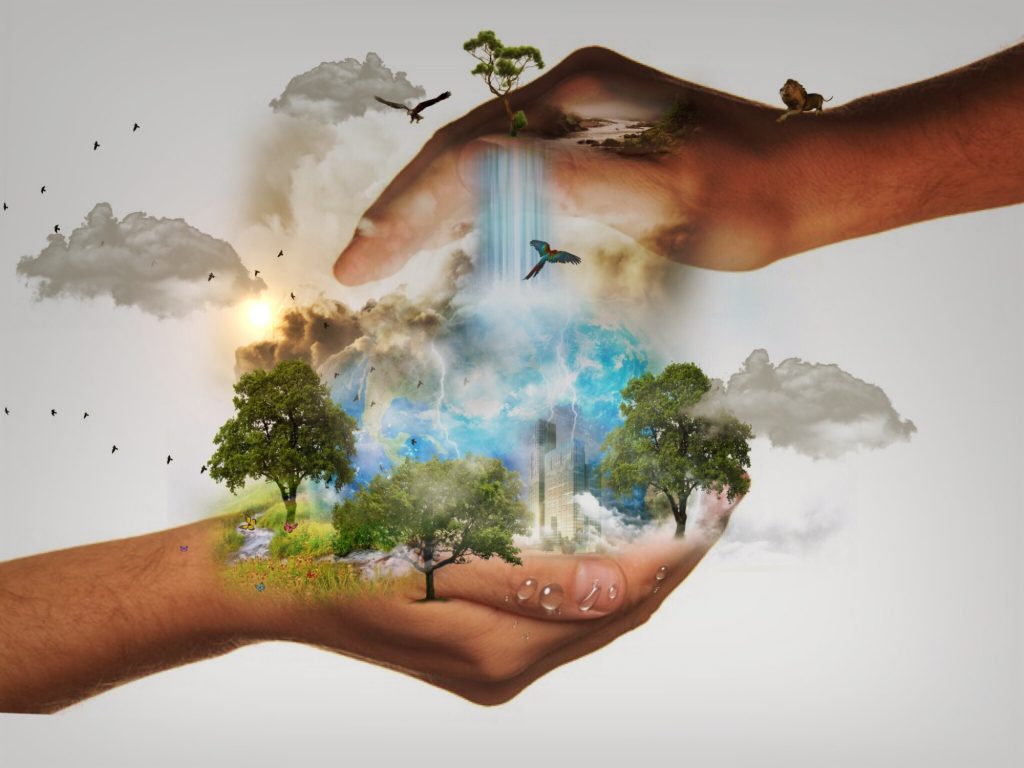“Turn the faucet off while you’re brushing your teeth!”
“Don’t run the sprinklers more than necessary.”
“Why are you still in the shower?? It’s been 20 minutes!”
These phrases are probably all familiar to you. Most of us are raised with water conservation on the brain, even if we don’t fully notice it.
No one wants to waste water. But why is it important to conserve water? Do you know?
That’s vital to understand if you’re going to be aware of your crucial part in water conservation. Keep reading to get the facts about the importance of saving water.
1. Get Your Plumbing Checked
How many of us have a leaky faucet in our house? Even if it’s just one drop at a time, that water adds up.
In fact, one drip per second wastes 3,000 gallons of water every year! Not only are you wasting water, but you’re also wasting your hard-earned money!
The first thing to do in your conversation effort is to get your plumbing checked. Fix your leaky faucets, seal up cracks in pipes (no matter how small they appear), and replace faulty sprinkler heads.
We’ve all seen those broken sprinkler heads that just gush out water like an open fire hydrant? And don’t we all just cringe at the wasted water? Don’t let that be you!
Talk to the best plumbers in your LA county area. Their work will certainly help you save water and your money.
2. Don’t Throw Away Water
You might not think of yourself as one who “throws away” water, but you definitely do. Here are some ways to avoid that:
- Collect the water you drain through colanders — use it to water your outdoor plants!
- If your water glass isn’t quite empty when you’re done drinking, use it to water your indoor plants.
- Collect the water that’s running while you’re waiting for it to become hot (or cold). Use it to clean your fruits and veggies.
- Bath your pet outdoors, so you’re bathing them while also watering your lawn.
Learning to recycle water is an invaluable skill! Make this a habit and suddenly you’ll notice how much you were wasting before.
3. Turn off the Faucet as Often as Possible
Do you let your bathroom faucet run while you’re brushing your teeth? What about your kitchen sink while you’re hand-washing dishes?
Both of these things waste water. Changing may require breaking lifetime habits, but you should learn to turn off the faucet whenever possible.
Wet your toothbrush, then turn off the water. Turn it on again only when you’re done. This is exactly the amount of water you need — anything more is a waste!
Fill your kitchen sink with soapy water, then turn it off. Don’t let the faucet just run the whole time! That water is coming out faster than you realize, so you’re wasting more than you realize.
Wet your hands, turn off the water. Apply your soap, wash your hands, then turn the water back on when you’re ready to rinse. The faucet doesn’t need to be running while you’re soaping.
This can include the shower as well! Did you know that you use an average of 17.2 gallons of water during an eight-minute shower?
Instead of turning the water on and letting it run for eight minutes, many people only turn on the water when they’re actually rinsing. Imagine how much water you’d save if you did that!
4. Take Shorter Showers
Speaking of showers, how many of us actually take showers that only last eight minutes? Not many!
Next time you jump in, take a normal shower and time yourself. You might be surprised how long you take.
Many people use the shower as relaxation and decompression, not just for hair and body cleansing. That’s okay, but try to be mindful of the amount of time you spend just standing there in running water.
Make an effort to shorten your shower time. Don’t let the water “heat up” so long before you get in, move a little quicker once you’re in, and do less standing around. Your water bill and water heater will thank you!
5. Smart Irrigation
The future is here for your sprinkling system! No longer do you have to set times and dates for your sprinklers then stick to them, no matter the weather.
You can now install weather-controlled irrigation in your lawn and garden. It responds directly to that day’s weather and adjusts its usage accordingly.
If it pours rain, the smart irrigation won’t run. If it’s super hot, maybe it’ll run a little longer that night. This means you’ll only be using exactly what’s necessary!
This is truly a lawn and garden owner’s dream. Smart irrigation can certainly save you money, energy, and time. It syncs to your phone for your convenience and does your thinking for you!
6. Use Your Local Car Wash
You may be in the habit of washing your own car to save money. Rolling out the hose, filling a bucket with soapy water, doing multiple washes and rinses. But you actually might be spending more money than if you took it to your local car wash.
Did you know that local car washes recycle their water? You probably (definitely) don’t do at your house from your own hose!
Utilizing your local car wash benefits you in multiple ways:
- Car washes recycle water, thus conserving water
- Decreases your water bill
- Saves your time and money
This way, you’re not using excess water from your house. And it’s not just floating down the driveway, never to be used again. You can have a squeaky clean car and no guilt about wasting water!
7. Fill Your Machines Before Using Them
Have you ever put three dishes into the dishwasher then run it? If so, you wasted around six gallons of water.
What about started your laundry machine with just one shirt in it? If you have a high-efficiency washer, you wasted 15-30 gallons of water. If you don’t have high efficiency, you wasted a horrifying 29-45 gallons!
You can conserve gallons and gallons of water every week by just waiting to run your machines. It may mean you have to wait a night longer than you wanted, but you should fill your dishwasher and laundry machine before starting them.
This is a good tip even if you have a high-efficiency washing machine. They’re still not made to do a whole load with just a few items.
Your dishwasher and laundry machine actually work best when they’re full. That’s how they’re built to work!
Don’t fool yourself into thinking that loading fewer dishes or less clothing results in cleaner items — that’s a myth that’s been debunked! All around, it’s better for your water conservation, your water bill, energy bill, and your machines for them to only run when they’re full.
8. Harvest Rainwater
Think of the many gallons of rainwater that fall and disappear into your driveway, your sidewalk, your roof. That’s all water that could potentially be used!
You can install a rain barrel outside your house to collect precipitation. It can be used for pretty much anything after that. Water your plants, water your lawn, you could even run it through a filter and use it indoors.
A successful rain barrel involves your roof, your gutters, a downspout, and a barrel or some other vessel. The idea is for the rain to fall onto your roof, drip into the gutters, flow into the downspout, then on down into your storage container.
No work from you required, besides installing the barrel. You’ll probably be surprised how much water it collects! Never waste rainwater again!
Why Is It Important to Conserve Water? Our Lives Depend on It!
If you’ve never been short on water, never lived through a drought, never had to worry about it, then you probably wonder, “Why is it important to conserve water?” That’s a good, valid question. And an important one to know the answer to!
Conserving water on our planet will make the difference between living and dying for so many people! Contrary to popular belief, freshwater is not limitless. Nature naturally recycles it, but we need to help it out.
If you don’t understand the importance of water conservation then you don’t understand your role in it. If that’s the case, the only difference you’ll be making is a negative one.
Now you’re educated on why and how your efforts are valuable. Check out our other articles about lifestyle, food and drink, and health!

